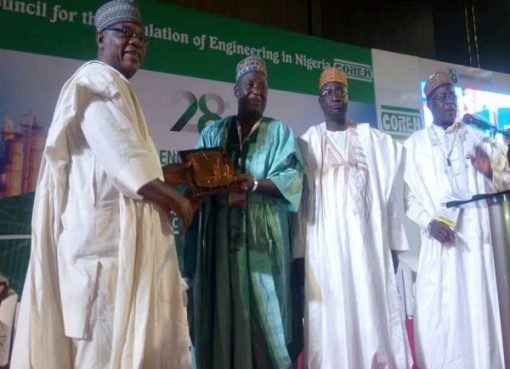With the remarkable exploits of the Silicon Valley, a tech site located in San Francisco Bay, North-Carolina famed for producing world-leading tech companies as Google, Facebook and Apple but a few to mention, nations around the world have sought to replicate this model in their tech-economic sectors by strategically concentrating a group of techpreneurial competent individuals with shared ideas at a working space. It is no news that Nigeria and a better part of Africa are lagging behind in terms of the ongoing tech evolution in the 21st century. This is because our government has not considered paramount the need to build working tech ecosystems that would foster tech evolutions in the country. Only till recent times have the few foreign companies invested in the country by building some tech hubs. Facebook had taken on Google in 2018 by creating a new hub that cost an acceleration worth 20,000 dollars in equity funding for startups. They had run this in partnership with Co-creation hub and seven other hubs across the country. The creation of this hub was aimed at developing national solutions by paying attention to machine learning, augmented reality (AR), artificial intelligence (AI) and virtual reality (VR).
For advanced countries in the world, the importance of building a tech ecosystem cannot be overemphasized; it has become a prerequisite aspect of growth, entwined with their national economic objectives. The building of a standard tech ecosystem benefits a nation not only by its wealth creation but by causing a flourish in innovation and ecopreneurship in a nation.
An essential building block of a good tech ecosystem is its mentorship provision. A Tech ecosystem is characterized by its concentration of tech startups and founders of tech innovations at a working space. This mingling would serve as a guide to startups and provide essential counsel in cases of challenging situations from the nascent stage of their business to when it is solidly founded.
Over the years, the Nigerian market had unintentionally accumulated a set of tech ecosystem which cannot be exactly equated with the ideal modern tech hub. But to a large extent, they have made a significant impact in the tech-economic sector of the country. Notable in Lagos state is the Computer village Ikeja and Alaba international Ojo. The Computer village at Ikeja Lagos is a market that provides a wide range of tech-related and economic activities in the state. The market is structured such that it provides a somewhat equipped working space for computer engineers and technicians whose specialty is on fixing electronic and computer gadgets. The Computer Village is famed for its reputation of ICT transactions in Nigeria and has attracted a good amount of foreign investor and dealers from across the world.
Alaba International Market is known as the largest electronic market in Nigeria which specializes in sales and repairs of electronics and home appliances. The market provides a diverse range of opportunities for budding Electrical Electronics engineers in the country.
Despite the government’s lackadaisical stance about creating tech hubs in the nation, an impressive number of tech innovation hubs have sprung in certain states. An estimated seventy tech hubs have been created in the last six years, making Nigeria the country in Africa with the highest tech startup growth. A startup tech hub is unique, being that entrepreneurial activities are guided from the pre-incubation to incubation stage. The hubs help develop the business skill of the participant by giving full access to the necessary technical facilities. Since the hubs are known for producing viable startup businesses, Angel investors tend to invest by funding some businesses. In Nigeria, a whopping estimate of 300 hundred businesses has been birthed from the tech hubs. Some of the leading Tech Hubs are the Co-Creation hub, Wennovation Hub, iDea Hub, Spark and 440.ng Hub and many others.










